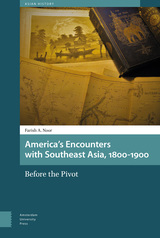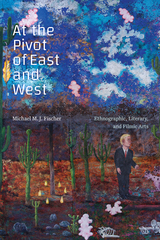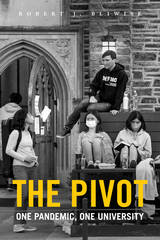


China’s modern history has been marked by deep spatial inequalities between regions, between cities, and between rural and urban areas. Contemporary observers and historians alike have attributed these inequalities to distinct stages of China's political economy: the dualistic economy of semicolonialism, rural-urban divisions in the socialist period, and capital concentration in the reform era. In Pivot of China, Mark Baker shows how different states across twentieth-century China shaped these inequalities in similar ways, concentrating resources in urban and core areas at the expense of rural and regional peripheries.
Pivot of China examines this dynamic through the city of Zhengzhou, one of the most dramatic success stories of China’s urbanization: a railroad boomtown of the early twentieth century, a key industrial center and provincial capital of Henan Province in the 1950s, and by the 2020s a “National Central City” of almost ten million people. However, due to the spatial politics of resource concentration, Zhengzhou’s twentieth-century growth as a regional city did not kickstart a wider economic takeoff in its hinterland. Instead, unequal spatial politics generated layers of inequality that China is still grappling with in the twenty-first century.

READERS
Browse our collection.
PUBLISHERS
See BiblioVault's publisher services.
STUDENT SERVICES
Files for college accessibility offices.
UChicago Accessibility Resources
home | accessibility | search | about | contact us
BiblioVault ® 2001 - 2024
The University of Chicago Press









